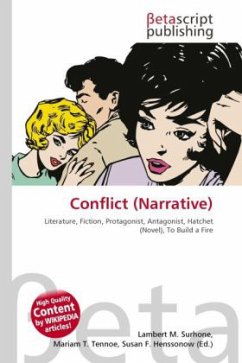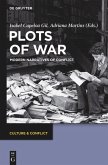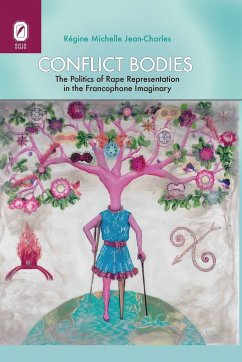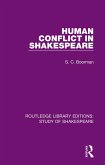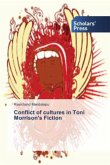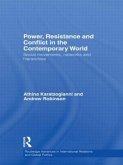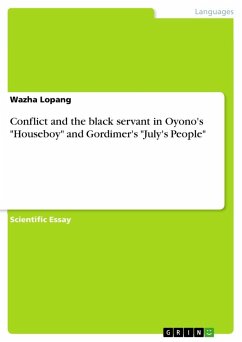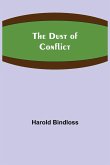High Quality Content by WIKIPEDIA articles! High Quality Content by WIKIPEDIA articles! Conflict is a necessary element of fictional literature. It is defined as the problem in any piece of literature and is often classified according to the nature of the protagonist or antagonist, as follows: Character vs. Self (Person vs. Character) is when the central conflict of a story is internal to the main character has a problem with him/herself.Character vs. Character is when, in a novel, there is a conflict of two forms of like beings. An example is the hero's conflicts with the central villain of a work, which may play a large role in the plot and contribute to the development of both characters. There are usually several arguments/disagreements before the climax is reached. The conflict is external. person vs. Person can usually be expressed by,for example, when a child is being ridiculed by a bully. An example is the conflict between Judah and Messala in Ben-Hur it can be any form of character. Character vs. Society is a theme in fiction in which a main character's, or group of main characters', main source of conflict is social traditions or concepts.

